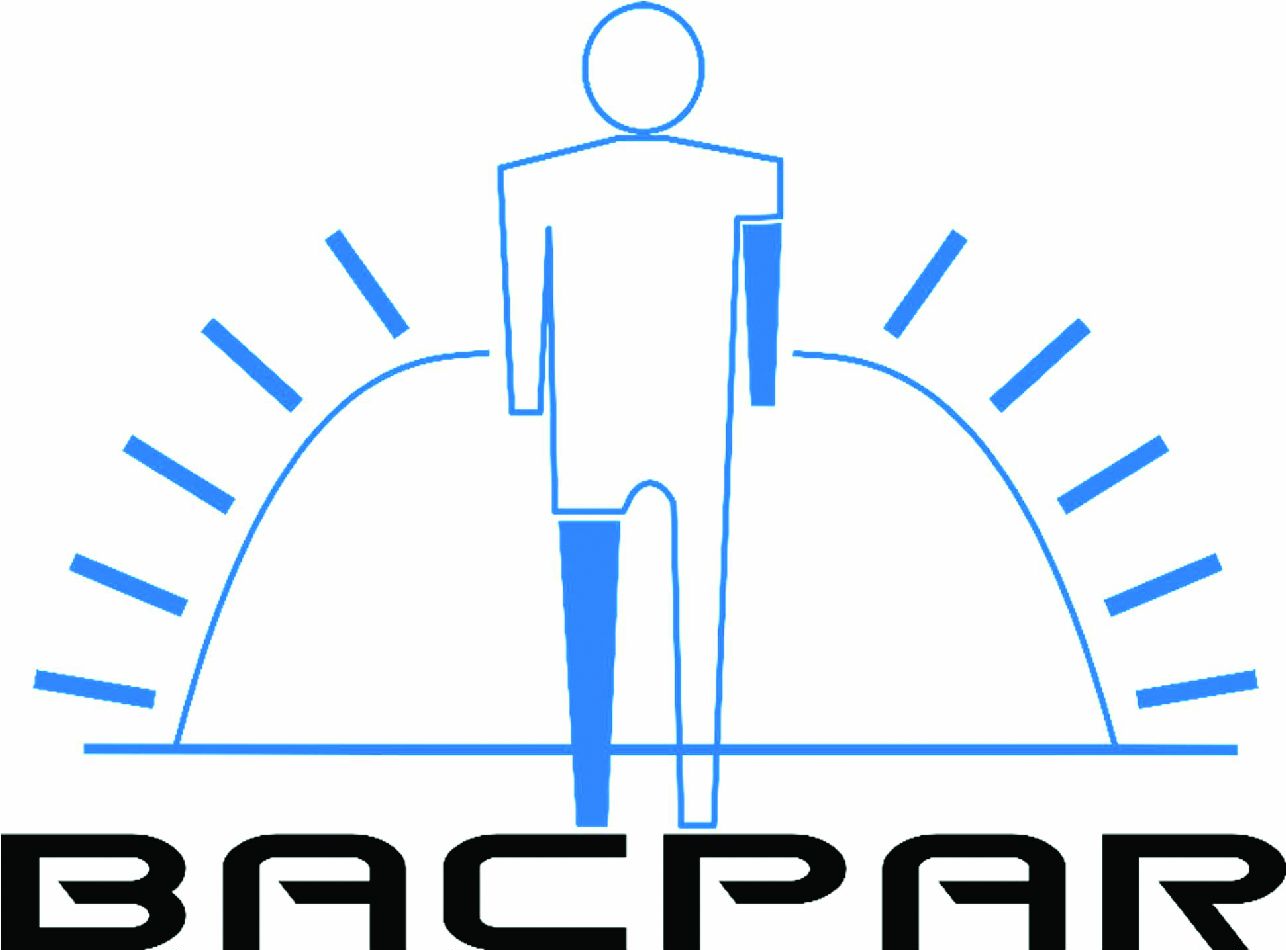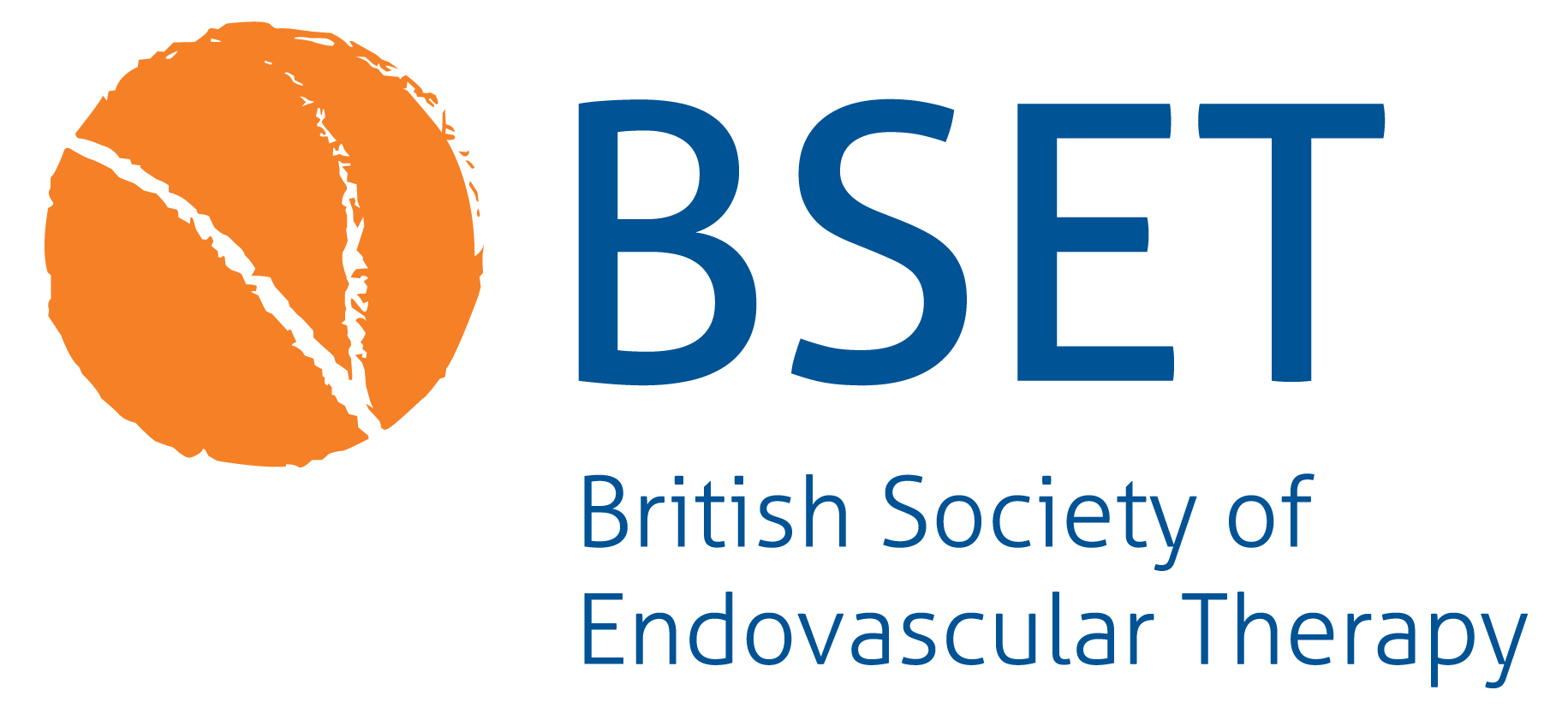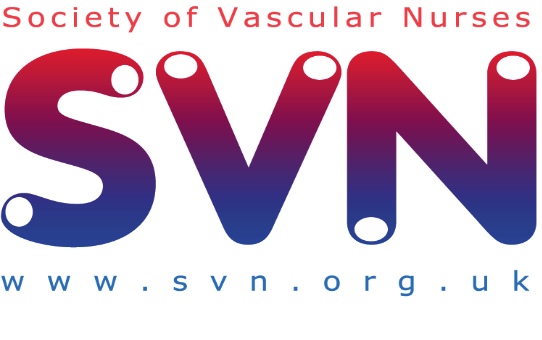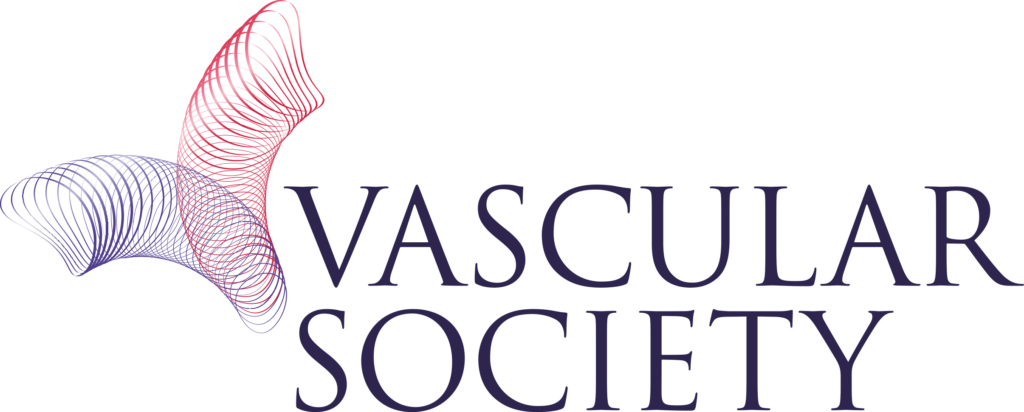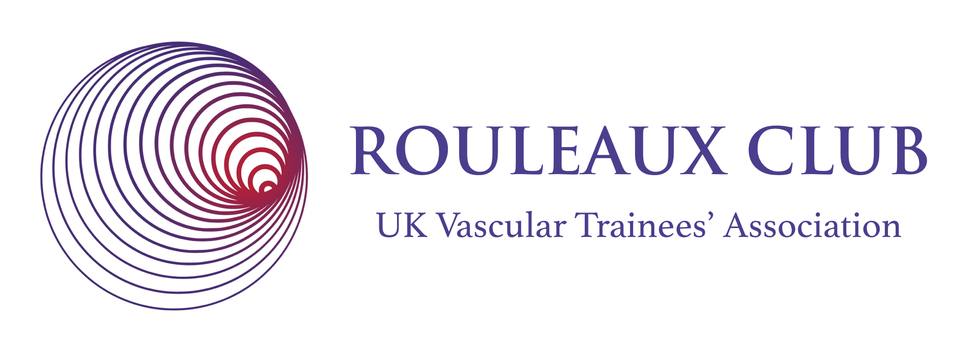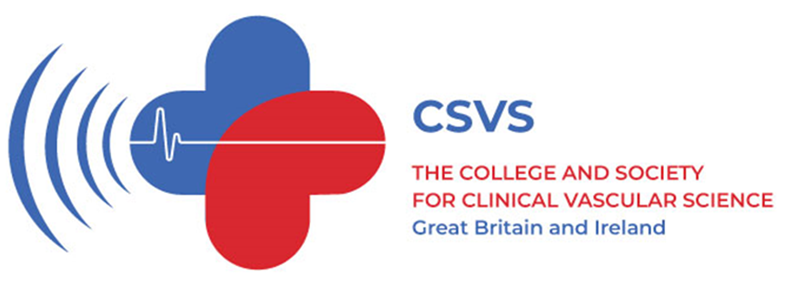EDITORIALS
Saving vascular surgeons: a personal view of embracing vulnerability through coaching and mentorship
Winterborn RJ1,2
*Trigger warning – this article contains mention of surgical trauma.
I would like to congratulate the authors on conducting the survey of Early Year Consultants in this edition of the JVSGBI and thank the respondents for their honesty in answering the questions.1
The results are worrying but, I am afraid to say, not surprising. As a former consultant vascular surgeon of 11 years standing, I have experienced first-hand the rewards but also the immense pressures and challenges that come with the role. If I had been asked to complete this survey during my first 5 years of practice I would have, unfortunately, been a statistic under every category.
During my second year of consultant practice I was diagnosed with post-traumatic stress disorder (PTSD) following a tragic trauma case. I suffered in silence for almost 6 months until one morning I was sat in clinic and it all came flooding out. I had fantastic support from my colleagues and treatment with Eye Movement Desensitisation and Reprocessing (EMDR) therapy. I made it back to work and slowly learned to love my job again. At that time I was still a general and vascular surgeon and, having spent many of my training years in the district general hospital to which I was appointed, I felt like I knew almost everyone. I felt safe. I had experienced some challenging complications, a complaint and low-level undermining by non-vascular colleagues, but the initial sense of loneliness and isolation as a new consultant quickly waned and I felt a sense of comradery, a sense that I could talk to my colleagues and share my experiences, receiving ad hoc advice in corridors and through theatre coffee room conversations. What might have been described as informal mentoring.
This was in contrast to my specific experience around the trauma case, which occurred in the trust for which I undertook vascular on call. Even though I called for support from a more senior vascular consultant colleague, I had not worked regularly with the other healthcare professionals in the operating room. Following the case, there was no immediate or delayed debrief. I was not in and around the staff and the hospital where it had taken place. Whilst I spoke to my local colleagues, the unique circumstances meant that I did not process my experiences and was never directed to someone who could offer support, and I felt shame, judgement and guilt about what I was feeling. In hindsight there were clear hooks or barbs which made it harder for me to self-process my experience. These are often parallels with one’s own life or the challenge of the stark juxtaposition of emotions, even though what I was embodying were normal responses to abnormal situations.
Having suffered once before, I was acutely aware of the risk of developing PTSD again after a tragic maternity case I attended during the Covid pandemic. I did know many of the colleagues in theatre with me that day and we did, in fact, have a debrief that afternoon, which was helpful in piecing together the events from different people’s perspective. I was feeling pretty good, reassuring other people and giving them advice about where they could go if they were struggling. That evening was the first NHS clapping and that highlighted the juxtaposition of emotions.
What might have changed my experience?
How many times have you been involved in a traumatic case where everyone has left the theatre afterwards and no words are spoken? Wouldn’t it be better to acknowledge and share our vulnerabilities in the moment. As senior clinicians and even as residents, speaking up and saying, “That was hard, wasn’t it?” offers an opportunity for reflection and role-models vulnerability. I encourage residents, consultants and, in fact, anyone involved in a traumatic event to undertake an immediate informal debrief. By this I mean the simple recognition of one’s immediate emotions and experience, shared with those involved with the case.
Formal debriefs at a later date can then be facilitated to gain clinical learning. The Royal College of Surgeons of England is piloting the SUrgeon Peer-led POst-Incident Response Teams (SUPPORT) improvement collaborative, a programme which aims to improve the support systems provided to surgeons after adverse events across the UK.2,3
My experience of an attempt at this was helpful, but unfortunately did not close the loop as there was no follow-up after the initial debrief. Instead, I sought psychological support immediately and was reminded of techniques I could use such as meditation, gratitude practice and journalling. “80% of people are fine”, they said. A month later I was not OK. The isolation and fear around Covid, the self-doubt and the shame of “How could this be happening again?” was raw. I sought support from NHS Practitioner Health, had EMDR therapy through my local staff psychology department and started having coaching.
The coaching was incredible. It gave me insights and tools which empowered me to be clear on my boundaries, clear on my vision and purpose and a recognition that I couldn’t help others if my well of energy was empty. I was supported in my decision to stop on calls and eventually stopped vascular surgery altogether having found a new passion and purpose developing our local NHS@Home (Virtual ward service), for which I am now clinical director, and established my own coaching business for heart-led healthcare professionals.
My own experiences and the lack of ongoing regular support in my consultant life have driven my mission to support others facing similar challenges. As a professional coach and mentor, I regularly work with individuals struggling with burnout and imposter syndrome. I have seen and experienced first-hand the transformative power of coaching in helping individuals navigate their professional and personal challenges and opportunities.
I believe that the integration of coaching into the training and life of early years consultant vascular surgeons would create a healthier and more supportive environment. This would not only improve the well-being of surgeons but also ensure the sustainability and effectiveness of the vascular surgery workforce and the wider multidisciplinary team. In addition, patient safety would be enhanced as we know that there are clear links between burnout and surgical outcomes.4
Coaching often goes hand-in-hand with mentorship, providing a safe space for surgeons to share their experiences and seek guidance. Mentoring fosters a sense of belonging and support, and it inspires growth and transforms careers,5 which is crucial in a demanding field like vascular surgery. I believe we have a real opportunity to shape the experience of future residents and consultants in vascular surgery. The transition from resident to consultant is a critical period that can be fraught with difficulties. I strongly believe that leading debriefs, coaching and mentoring should be integral components of vascular training and consultant life and not seen as a remedial solution reserved for crisis points.
In view of the findings of this survey and those completed by the Rouleaux Club, I believe the Vascular Society of Great Britain and Ireland has a duty to its members to support a shift in the cultural paradigm.
In conclusion, the findings described in this paper and my personal experiences emphasise the critical need for coaching and mentoring in vascular surgery. By integrating these support systems into training and consultant life, we can create a healthier, more supportive environment for vascular surgeons and the ripple effect will be seen across the wider multidisciplinary team.
Article DOI:
Journal Reference:
J.Vasc.Soc.G.B.Irel. 2025;4(3):122-123
Publication date:
May 29, 2025
Author Affiliations:
1. North Bristol NHS Trust, Bristol North Somerset and South Gloucestershire NHS@Home Service
2. Becs Winterborn Coaching, Bristol, UK.
Corresponding author:
Rebecca J Winterborn
Becs Winterborn Coaching, Bristol, UK
Email: becs@ becswinterborn.co.uk

